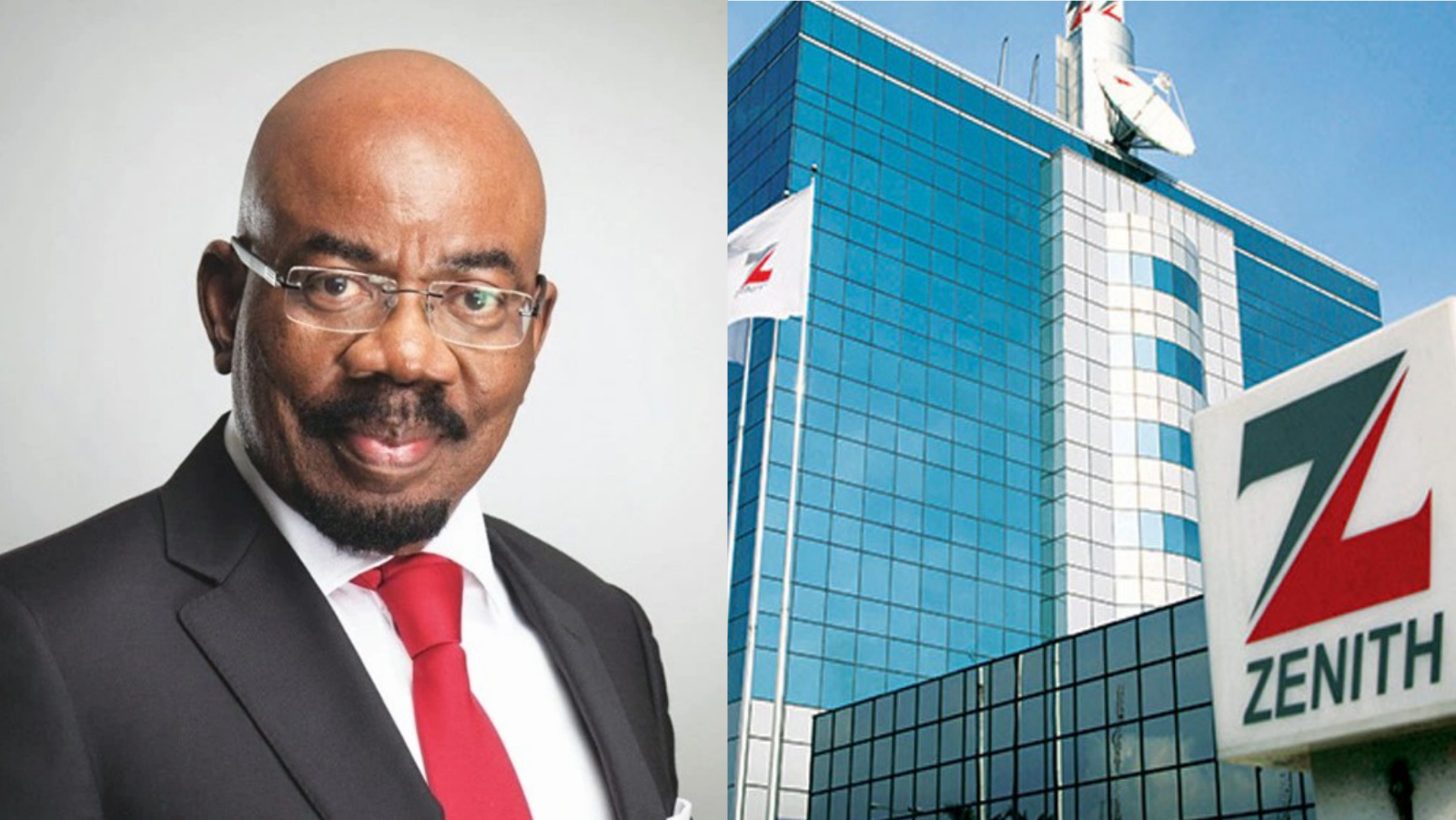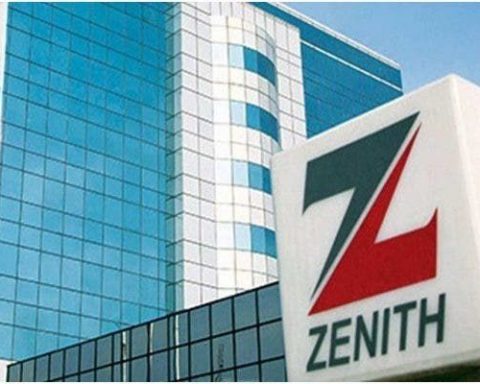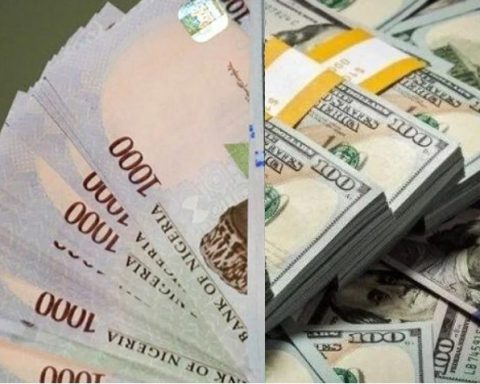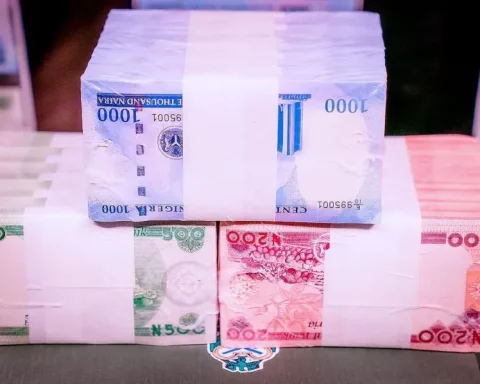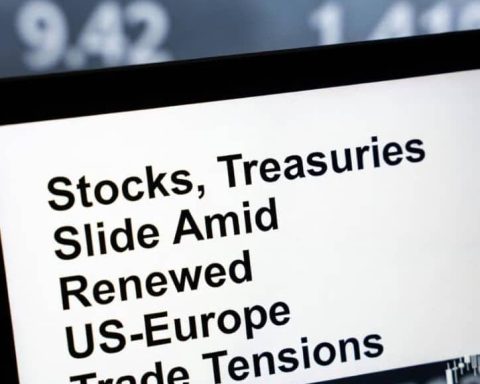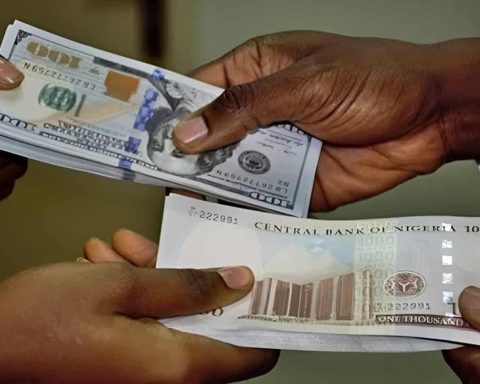Zenith Bank Plc, Guaranty Trust Bank Limited (GTBank), First Bank of Nigeria (FBN) Limited and six other Nigerian banks have been listed for a possible downgrade in their credit ratings by Moody’s, one of the leading credit rating agencies.
Moody’s said the aforementioned banks, including Access Bank Plc, United Bank for Africa Plc, Union Bank of Nigeria plc, Fidelity Bank Plc, FCMB Limited and Sterling Bank Plc will have difficulty in meeting their foreign debt obligations.
Join our WhatsApp ChannelThis is as a result of dollar scarcity in the country, which will reduce the availability of foreign exchange to settle their international operation. It was also gathered that the commercial banks are struggling with constraints on domestic oil production, capital outflows.
Other challenges affecting the lenders include increased cost of Nigeria’s imported refined petroleum products and US dollar strengthening.
According to Moody’s, the downgrade will cover long-term deposit ratings, long-term issuer and senior unsecured debt ratings.
“Constraints on domestic oil production, capital outflows, and the increased cost of the country’s imported refined petroleum products, coupled with US dollar strengthening, have together weighed on the availability of foreign currency liquidity in the country despite higher oil prices and material discrepancies between official and parallel market exchange rates persist in the country.
“Nigeria’s foreign exchange reserves have declined to $38 billion as of September 2022 from $40 billion as of January 2022 despite higher oil prices, and we understand that the central bank, which is the main provider of foreign exchange in the country, has consequently scaled down and become increasingly selective with its foreign currency allocations.” Moody’s wrote.
The credit ratings firm also stated, “The review for downgrade on the long-term ratings of Nigerian banks also captures the risk that a potential material depreciation in the country’s foreign exchange rate could pose to the banks’ capitalisation and asset quality. “On average, around 40% of loans extended by Moody’s-rated Nigerian banks as of December 2021 were denominated in foreign currencies, predominantly dollars.
“Some of these borrowers are vulnerable to a further depreciation of the naira because they do not earn foreign-currency income, and a weaker naira would harm their repayment capacity. The banks’ relatively high level of dollarisation also constrains the central bank’s capacity to act as a lender of last resort in case of need.”


